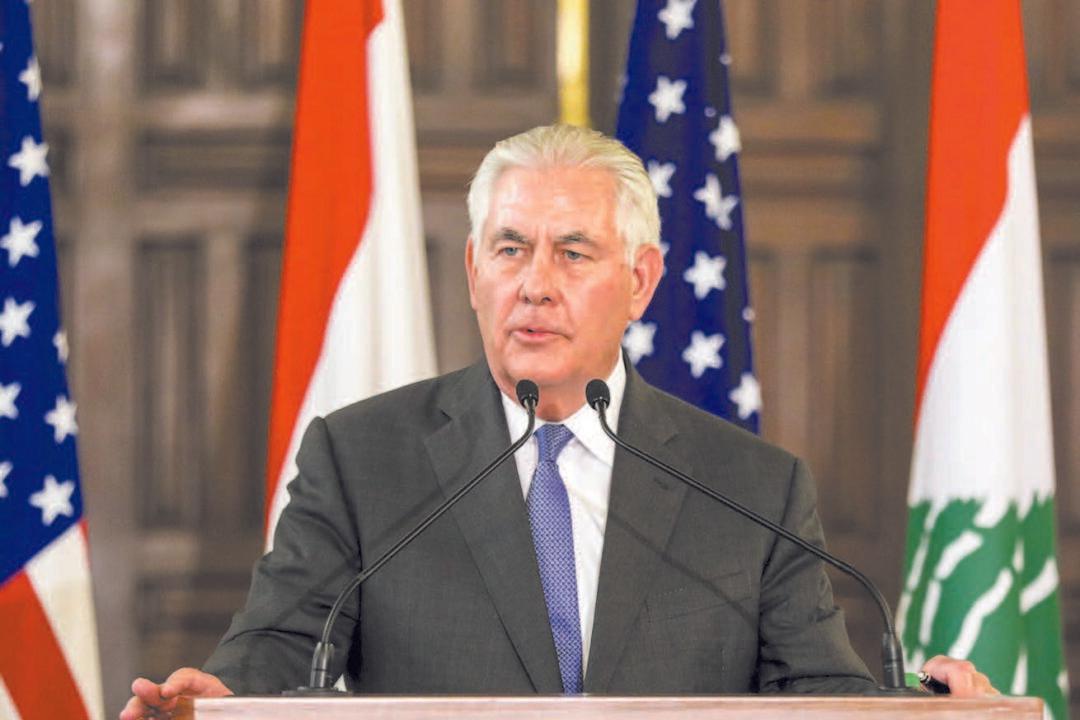Special counsel Robert Mueller’s indictment of 13 alleged Russian agents for creating fake online profiles and trying to meddle in the 2016 elections was an acknowledgment of the threat state-sponsored disinformation poses to the United States. Now, the Trump administration is fighting back.
On Feb. 26, the State Department announced it signed a deal with the Pentagon to transfer $40 million from defense spending to be used to enhance the Global Engagement Center, which identifies and counters propaganda and disinformation.





